Danny Boyle’s Olympic opening ceremony this evening is expected to depict many things that make Britain what it is, from rolling hills and rainclouds to NHS nurses and cricket. There’s also a particular emphasis on one thing that makes Britain great and at which we are consistent world-beaters: music.
Never before has there been such a strong musical element to the Games, with our biggest pop and rock stars performing at the opening and closing ceremonies and throughout the fortnight in both the sporting venues and Hyde Park.
Boyle has insisted that viewers have the option of a commentary-free experience on the BBC broadcast tonight, to allow the songs selected by musical directors Underworld to be heard in full. And if you’re attending in person, music will be unavoidable at the Games as soon as you step off the Tube at Stratford, for that is where Stuart Price’s official theme will first be heard.
“There’s definitely a conscious approach to the music at this Olympics — there’s so much going on in that area,” Price tells me. The piece he has composed, entitled Languages, in reference to the idea of music as a worldwide means of communication, will be heard everywhere from brief TV clips to the moment winning athletes step up to the podium to receive their medals. Above a playlist of some 2,000 tracks meant to showcase the best of British music all over the Park, this is the piece that will be heard more than anything else during the Games.
Price, 34, is best known as the musical director of several Madonna tours and the producer behind her best album of recent years, Confessions on a Dance Floor. He has also produced numerous songs for Kylie, Scissor Sisters and The Killers. In the late Nineties, as the solo act Les Rhythmes Digitales, he brought Eighties influences back to dance music before Daft Punk’s landmark Discovery album and went on to form cult electropop trio Zoot Woman. Now his influence is more as a background man, but this track is his biggest project yet.
Officially he’s in charge of the “sonic branding” for the Olympics, creating a piece of music that represents the Games, something as ubiquitous as that pink logo but in sound — and not as garish. But he hasn’t just written a song. “It’s a modular piece,” he explains, “Different elements can layer on top of each other to create a fast-paced version for the velodrome, something slow for the background on TV, or a triumphant version of it for the medal ceremonies.”
There are strings and piano in there for when something stately is required, as well as Kraftwerk-influenced electronic elements for moments that require more of a whizz-bang feel. Or the ambient sounds underneath can noodle along in the background for hours wherever you are. A slow piano part provides the central melody but Price says that even that “can sound more optimistic or triumphant or melancholy depending on the backdrop”.
I’ve been given top-level clearance by the Locog machine to hear a two- minute 45 second version of the piece, which sounds grandiose and dignified, restrained and beautiful. Before I can observe that the echoing drums and slow-motion pace remind me of Vangelis’s athletics classic, the Chariots of Fire theme, Price is there before me: “I have to be honest, whenever I think of music to do with the Olympics, I think of Vangelis. I decided not to shy away from that but to use it, as then there’s more of a chance it will have the same connection for other people.”
But it also needs to be capable of being recognisable in an immediate burst as well as drifting past all day without irritating. It’s a unique musical challenge. “Even in film scores you’re trying to represent a defined moment in a movie. Here you’re trying to score a few weeks. It’s like nothing I’ve ever done before.”
Price was approached because Locog’s music people had noticed the songs he had produced for Kylie and The Killers popping up regularly on Formula 1 footage. A motorsports and tennis fan himself, who says he missed out on a sporty childhood because he was too busy practising the piano at home in Reading, he felt inspired when he first got to tour the Olympics site as part of his research.
“The moment you get off the train it feels like you’ve entered this new world — that’s why I decided the music should be heard first at that point. And around the park there’s been incredible thought put into all the different areas. It’s definitely not just about the stadium, so that made me want to make music that works differently from the velodrome to the pool.”
Having toured the world’s stadiums with Madonna, Price is familiar with the way music works on the biggest stages. Not overthinking is key, he explains. “I don’t allow myself to become overwhelmed by it. You have to remember that you’re just working with people. If you start telling yourself how big the occasion is your mind will stop you being able to produce good work.”
That principle extends to the music itself. “I’ve just tried to connect with people in a very natural, direct way. It would be inappropriate to try to be too clever as you’d just distract away from the moment. ‘Less is more’ definitely works.”
After this it’s back to basics again for Price. He’s on what he describes as a “self-imposed hiatus” from album production (though he has done three tracks on the upcoming Killers album) and has revived his DJ career to acquire club-based inspiration for his first Les Rhythmes Digitales album in 13 years. Living in Holland Park with his wife/manager and four- and one-year-old daughters, he’s comfortable enough not to need to hunt for the next big paycheck.
He’s clearly proud to be playing a big part in what he describes as “such a gargantuan thing” this summer. He approves of the main playlist too: “It’s great because it’s an occasion when all the music of Britain can be celebrated at the same time, and not in a competitive way like in the charts or at an awards ceremony.”
Hopefully we’ll all be celebrating a healthy medal tally too, but we’ll always know that music is a field in which Britain is the hot favourite.


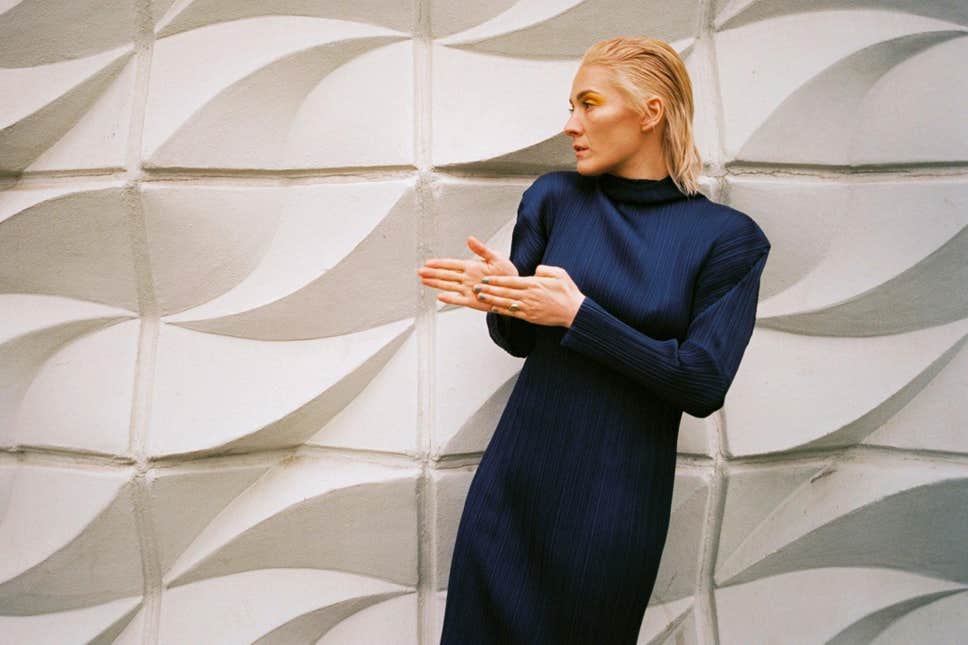
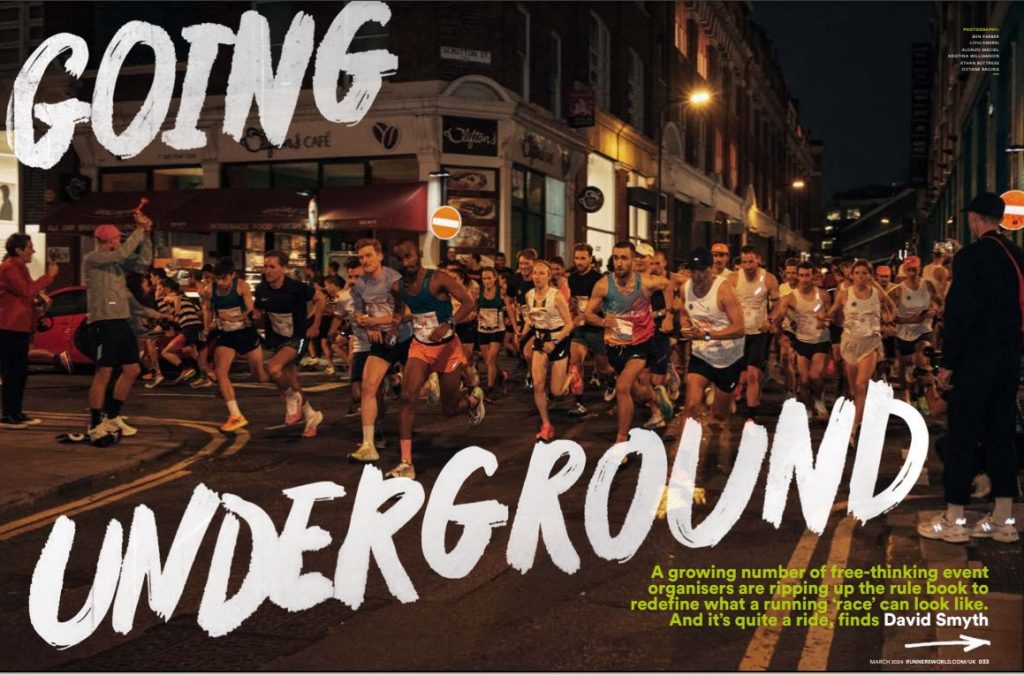
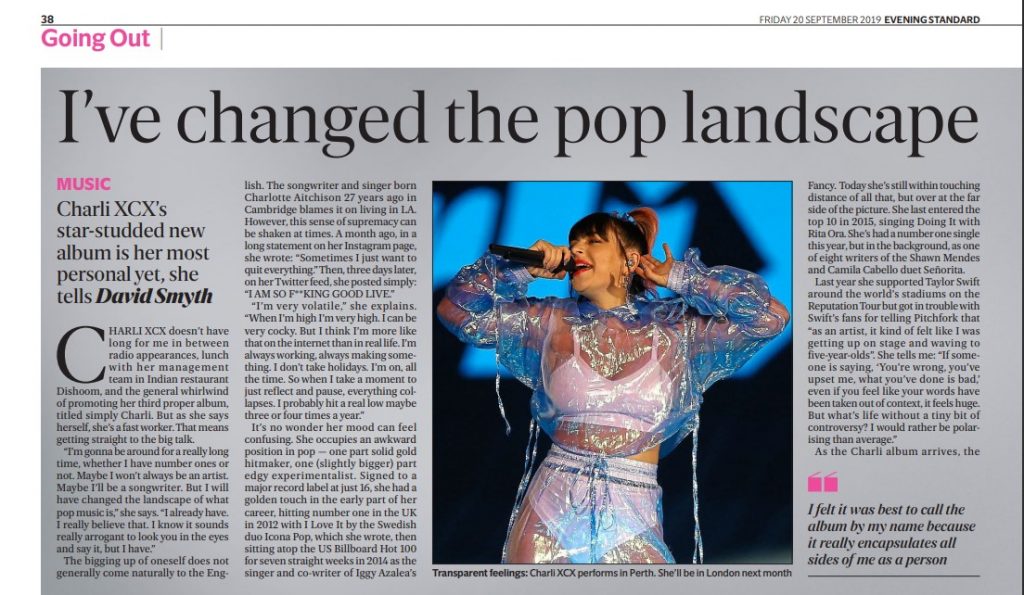

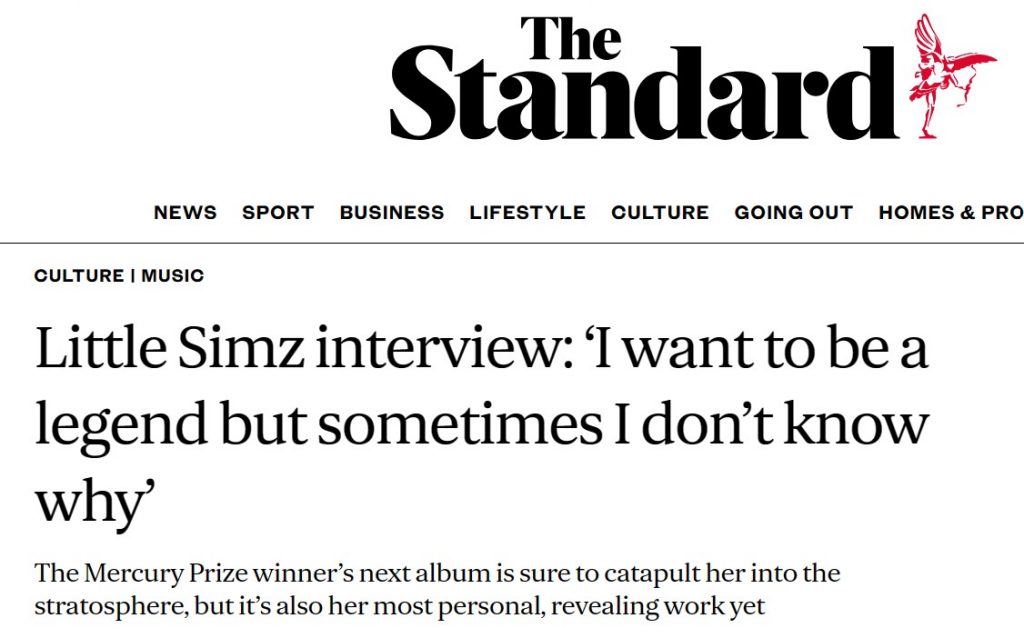

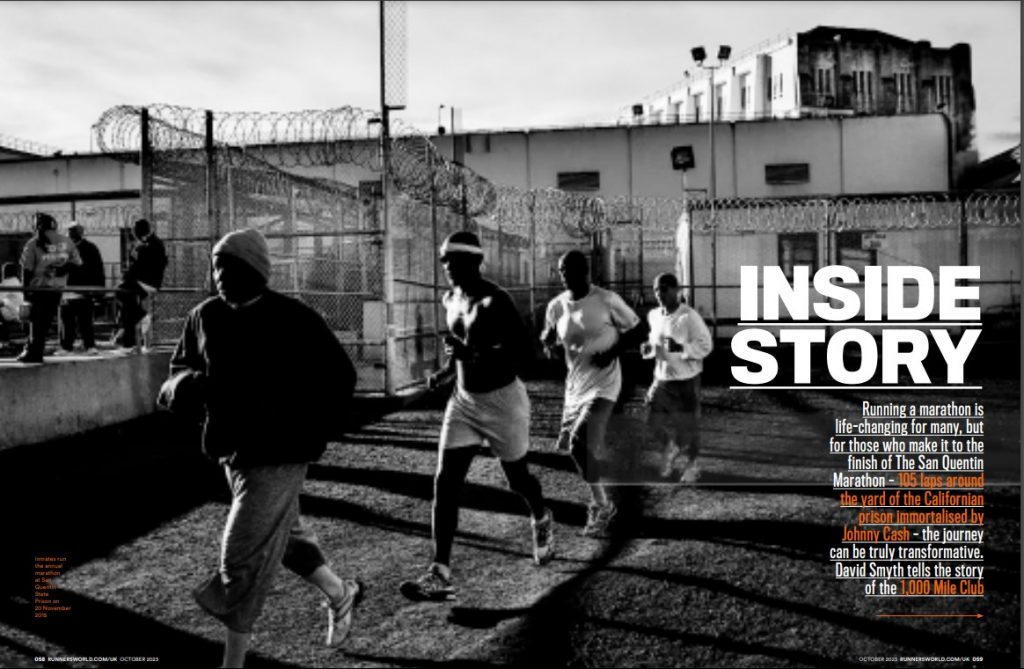


1 thought on “STUART PRICE/OLYMPIC MUSIC – Evening Standard, 27 July 2012”
Comments are closed.